Europe at a Crossroads: Navigating Migration, Competitiveness, and National Sovereignty
Europe at a Crossroads: ORBAN, WILDERS, and the Fight for COMPETITIVENESS and MIGRATION
By Rodaportal
The Future of Europe: Challenges and Opportunities
The European Union (EU) is at a point in time grappling with a range of difficulties that could undermine its cohesion and strength. Issues like conflict, migration and changing political dynamics are reshaping the scene. This article delves into the challenges confronting the EU highlighting the necessity for cooperation, in the market union while also supporting autonomy in migration decision making. Additionally we will explore the significance of competitiveness and how Europe can maneuver through its geopolitical landscape.
Table of Contents
Political Challenges Facing the European Union
The Case for a Stronger Market Union
Migration Policy: A Call for Opt-Out Provisions
Competitiveness: The Key to Europe's Future
Managing Conflict and Promoting Peace
Creating a Global Framework for Peace
Conclusion: The Path Forward for Europe
FAQs
Political Challenges Facing the European Union
The European Union is currently facing a range of political obstacles that are, altering its structure. The ongoing conflict in Europe, rising migration pressures and societal changes related to gender and labor are prominent among these challenges. Each of these factors presents threats, to the unity and functionality of the EU.
War in Europe
The ongoing conflict in Europe is impacting not the people but also the political landscape. The European Union, which was established as a peace initiative now confronts the harsh truth of armed conflict on its soil. This circumstance calls for a reconsideration of its approaches and actions.
Migration Issues
The issue of migration has sparked debate, among EU member states. Citizens are expressing feelings of being overwhelmed by the arrival of migrants which is causing a sense of disconnection in their communities. The belief that the EU is not addressing this problem effectively is intensifying the situation. There is a growing demand for increased control, over immigration policies as people urge their governments to play a more active role in managing migration.
The Case for a Stronger Market Union
Given these obstacles experts believe that enhanced collaboration, in the market union is crucial. Unlike a union, which some argue could impede competitiveness an emphasis on the market union can promote economic strength and flexibility. By emphasizing partnership the EU can effectively address challenges and meet internal needs.
National Sovereignty vs. Political Union
The ongoing discussion about the balance between political unity and national independence is intense. There are those who believe that countries should have the freedom to make their choices, especially when it comes to immigration. Theres a feeling that imposing a migration policy could result in more fragmentation than cohesion.
Migration Policy: A Call for Opt-Out Provisions
A suggestion has been made to tackle the challenges of migration by offering countries the option to opt out of a shared migration policy. This would give nations the flexibility to manage their borders and immigration procedures, which could help ease tensions within the EU.
Challenges of Unifying Diverse Political Opinions
Bringing together different political groups in the EU is a challenging job. Disagreements, on migration and other issues make it hard to find common ground. To reach an agreement. Member countries need to be willing to make compromises and work together.
Competitiveness: The Key to Europe's Future
For the EU to thrive and progress, in a globalized environment its crucial to prioritize aspects that boost competitiveness. This involves reevaluating the Green Deal streamlining regulations and fostering an appealing atmosphere for investments.
Reconsidering the Green Deal
Some critics believe that the current Green Deal doesn't support the business sectors. It's important to reassess its impact to ensure it reflects the challenges faced by European businesses. A more balanced strategy could encourage innovation while upholding environmental promises.
Reducing Bureaucracy
The bureaucratic processes of the EU are perceived as inefficient and hindering progress. Simplifying these procedures can improve efficiency and attract investment in Europe. An adaptable bureaucracy is essential, for promoting a thriving business landscape.
Attracting Investments Back to Europe
In order to regain its edge Europe needs to establish an environment that attracts both local and international investors. Presently there are indications of European businesses seeking opportunities overseas underscoring the urgency for changes that position Europe as a favorable investment hub.
Managing Conflict and Promoting Peace
In situations, the importance of communication channels cannot be overstated. The absence of dialogue, especially with Russia, presents challenges to achieving peace. Starting discussions and implementing ceasefires are crucial measures for conflict resolution.
The Importance of Communication in Conflict Resolution
The key to resolving conflicts lies in communication. Throughout history wars have seldom concluded without conversations between the parties involved. Its crucial to engage in talks with both Ukraine and Russia to promote understanding and seek areas of agreement.
Ceasefire as a Precursor to Peace
Before a peace agreement can be put into action a truce needs to be reached. The sequence of steps in resolving conflicts is important. Communication should come before talks about a ceasefire and those discussions should then pave the way for negotiations on a peace agreement.
Creating a Global Framework for Peace
In order to attain enduring tranquility a thorough global structure needs to be put in place. This structure should encompass stakeholders from around the world guaranteeing a shared dedication, to peace. Forming an alliance of countries focused on peace can offer the assistance required to achieve stability.
Conclusion: The Path Forward for Europe
The European Union is at a point of decision, facing obstacles that jeopardize its unity and functionality. To weather these periods the EU should focus on collaboration, support for sovereignty boost competitiveness and promote dialogue. Moving ahead demands bravery teamwork and dedication to the values that form the foundation of the European endeavor.
FAQs
What are the main challenges facing the EU today? The European Union is dealing with issues, like conflicts that persist, the influx of migrants and the necessity to stay economically competitive.
Why is a stronger market union important? A more robust market union has the potential to boost economic resilience and flexibility, vital for the EU's edge on the stage.
How can the EU address migration issues effectively? Incorporating options for countries that wish to oversee their immigration policies could be a solution to these challenges.
What role does communication play in conflict resolution? Effective dialogue plays a role, in peace talks as it promotes empathy and aids in reaching agreements for a ceasefire.
How can Europe attract more investments? Europe has the opportunity to attract both foreign investments by fostering a investment environment and streamlining processes.
Europe's political scene is witnessing transformations driven by challenges like migration, conflict and the need to stay competitive. Leaders throughout the continent are now focusing on bolstering sovereignty and the market union in the midst of these issues. This piece delves into the landscape of European politics the impact of elections and the anticipated path for the European Union ahead.
Table of Contents
- 🌍 Political Challenges Reshaping Europe
- 🇪🇺 The Need for National Sovereignty
- 🛡️ Migration: A Disintegrating Factor
- 🤝 The Role of Compromise in EU Politics
- ⚖️ Balancing Market Cooperation and Political Union
- 🌱 Reconsidering the Green Deal
- 📉 Reducing Bureaucracy for Greater Competitiveness
- 🕊️ Communication and Peace in Times of War
- 🔍 The Future of European Unity
- ❓ Frequently Asked Questions
🌍 Political Challenges Reshaping Europe
Europe is currently grappling with a range of obstacles that are significantly altering its landscape. The conflict in Ukraine the rise in migration and societal shifts regarding gender and labor matters are key drivers of these transformations.
As politicians evaluate these obstacles there are voices advocating for collaboration, within the realm of the market union. The prevailing sentiment is evident; although a union may appear advantageous on paper it could jeopardize the competitiveness that the European Union strives to maintain.
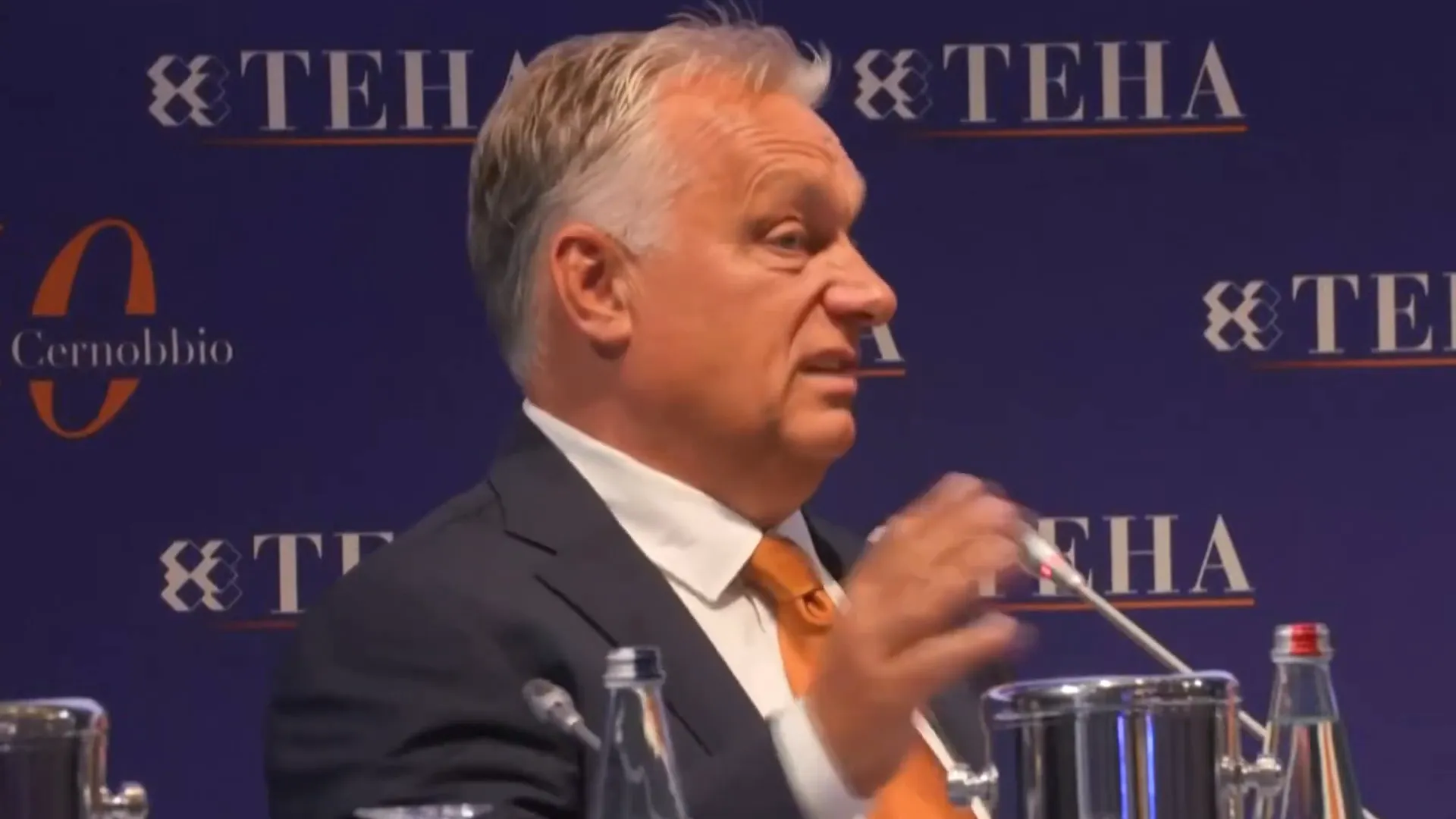
🇪🇺 The Need for National Sovereignty
In recent elections there has been a noticeable trend, towards prioritizing sovereignty especially when it comes to policies. Voters are voicing their dissatisfaction with immigration, perceiving changes in their communities that they find unfamiliar.
Leaders such as Geert Wilders have observed that the population is tired, of immigration and is seeking greater influence, on their policies. The push for an "opt out" option from migration rules demonstrates a increasing wish among nations to set their own guidelines instead of following EU regulations.
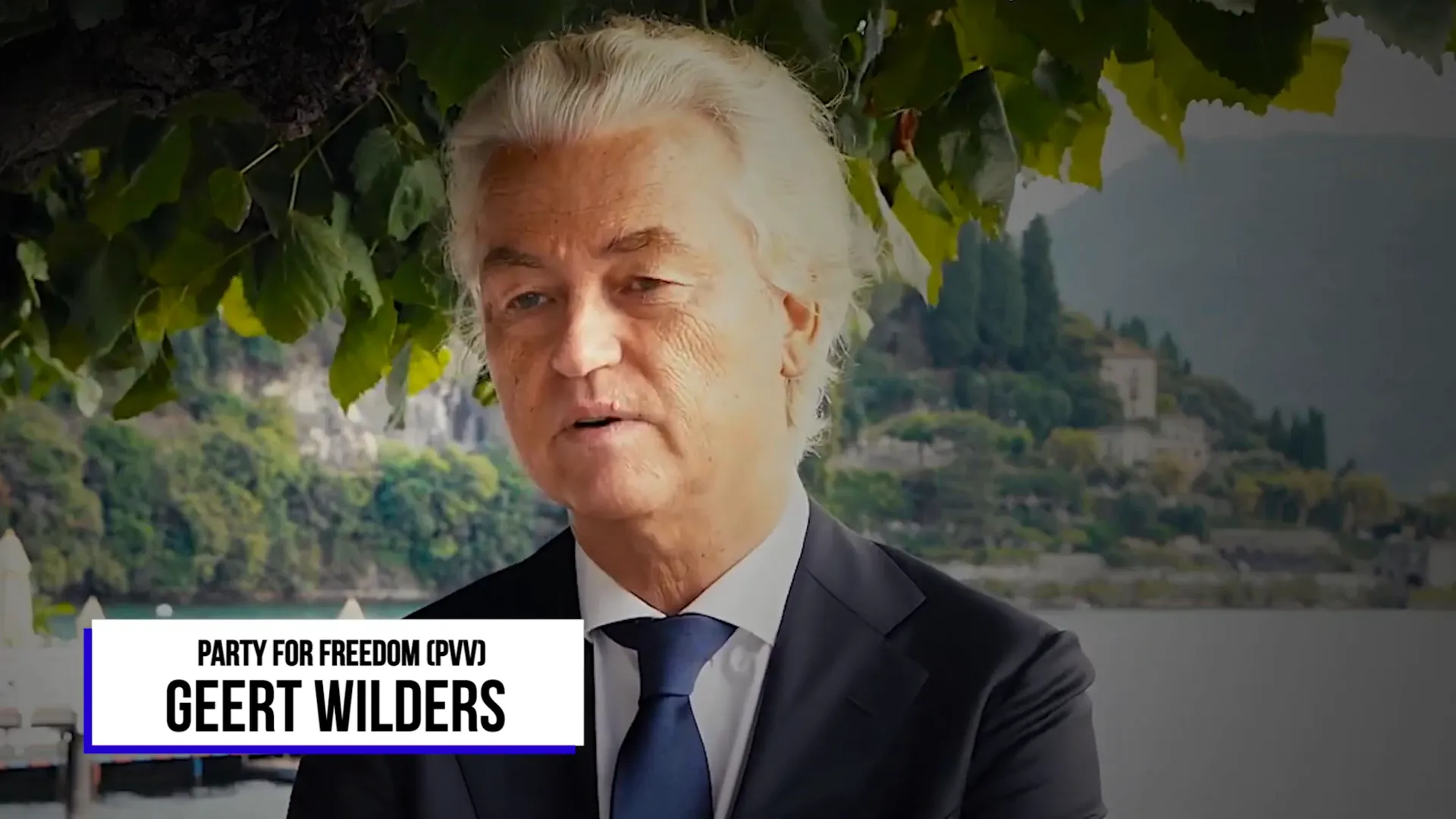
🛡️ Migration: A Disintegrating Factor
The topic of migration remains a point of contention, in Europe frequently viewed as a divisive force. While certain nations have welcomed migrants others have chosen to implement policies leading to an inconsistent stance on immigration throughout the continent.
Countries such as Hungary have effectively kept immigration levels down and officials believe that other countries should have the freedom to do the same without interference from the EU. This difference underscores the importance of an approach, to migration that honors the sovereignty of nations.
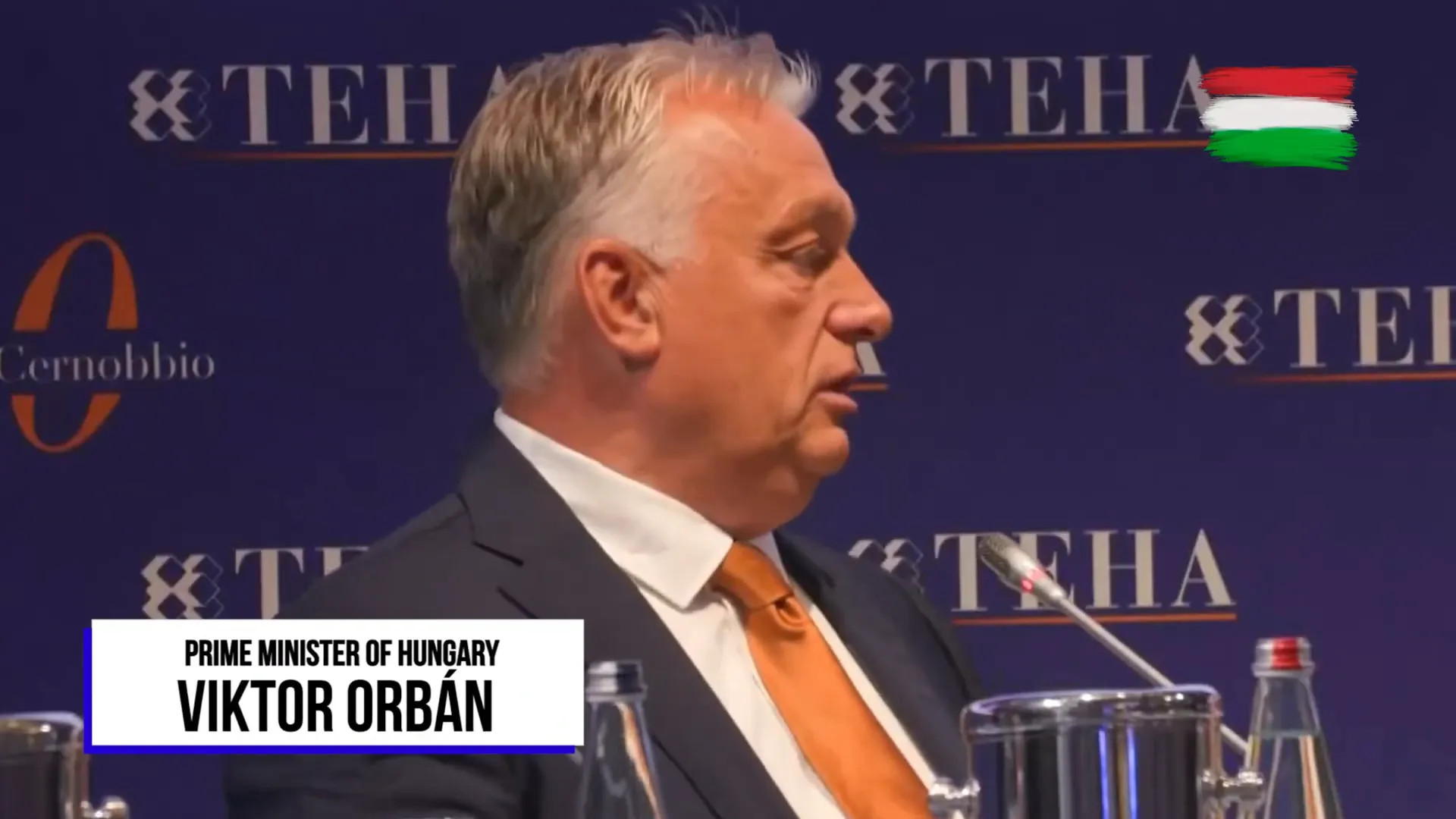
🤝 The Role of Compromise in EU Politics
The effectiveness of the European Union hinges, on finding ground. Establishing a unified approach to migration and asylum involves discussions among member nations each having their own set of priorities and issues.
Even with obstacles there is an acknowledgment that collaboration is crucial. Yet the way ahead should honor the independence of countries while also meeting the requirements of the EU as a whole.
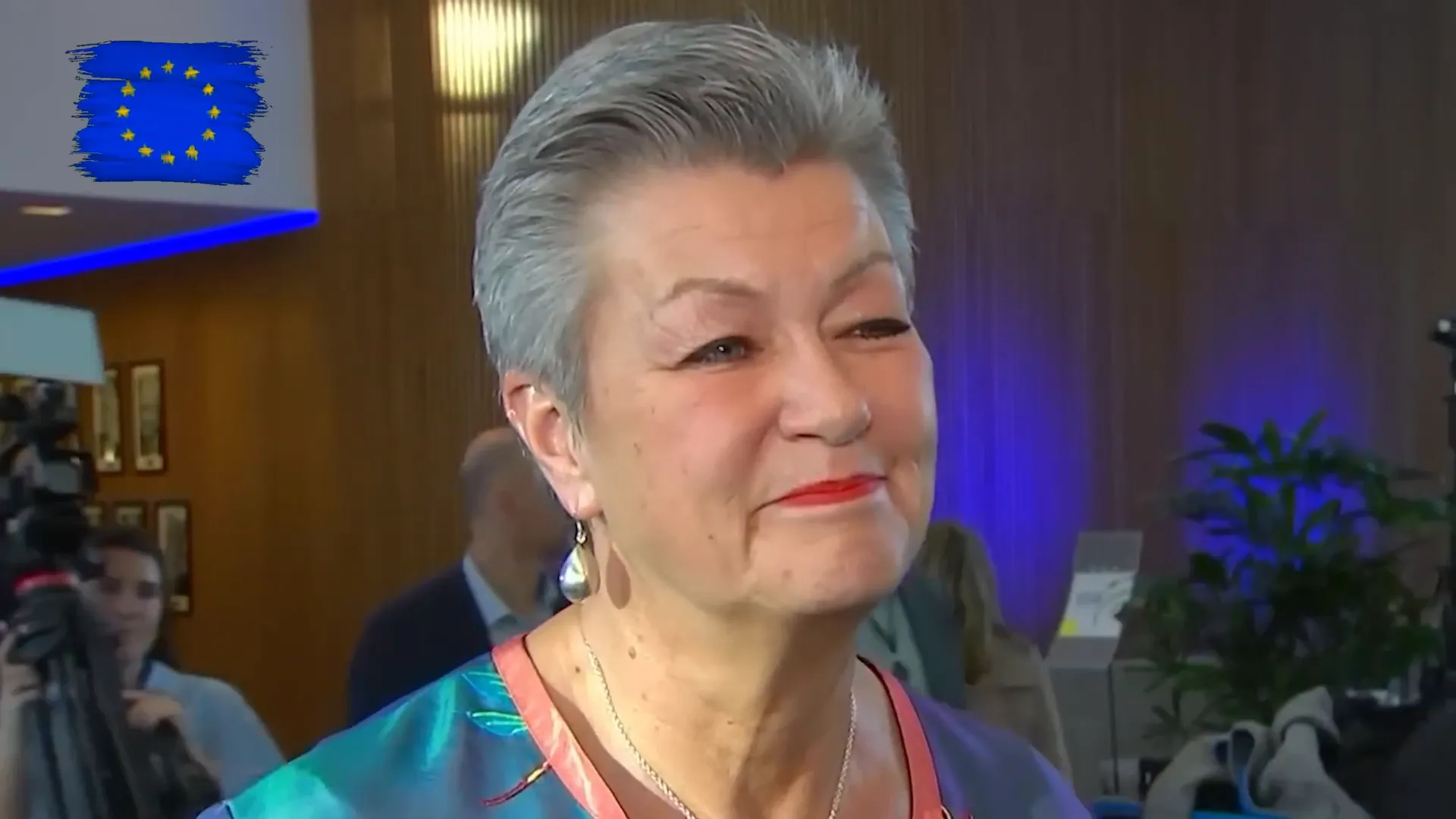
⚖️ Balancing Market Cooperation and Political Union
As discussions among European leaders about the future unfold there is a clear message to prioritize strengthening the market union while steering clear of political integration. The emphasis should be on boosting competitiveness without compromising on interests.
Political figures contend that the European Union should focus on partnerships instead of political directives that may undermine independence. This strategy seeks to establish a business friendly atmosphere while managing the intricacies of diplomacy.
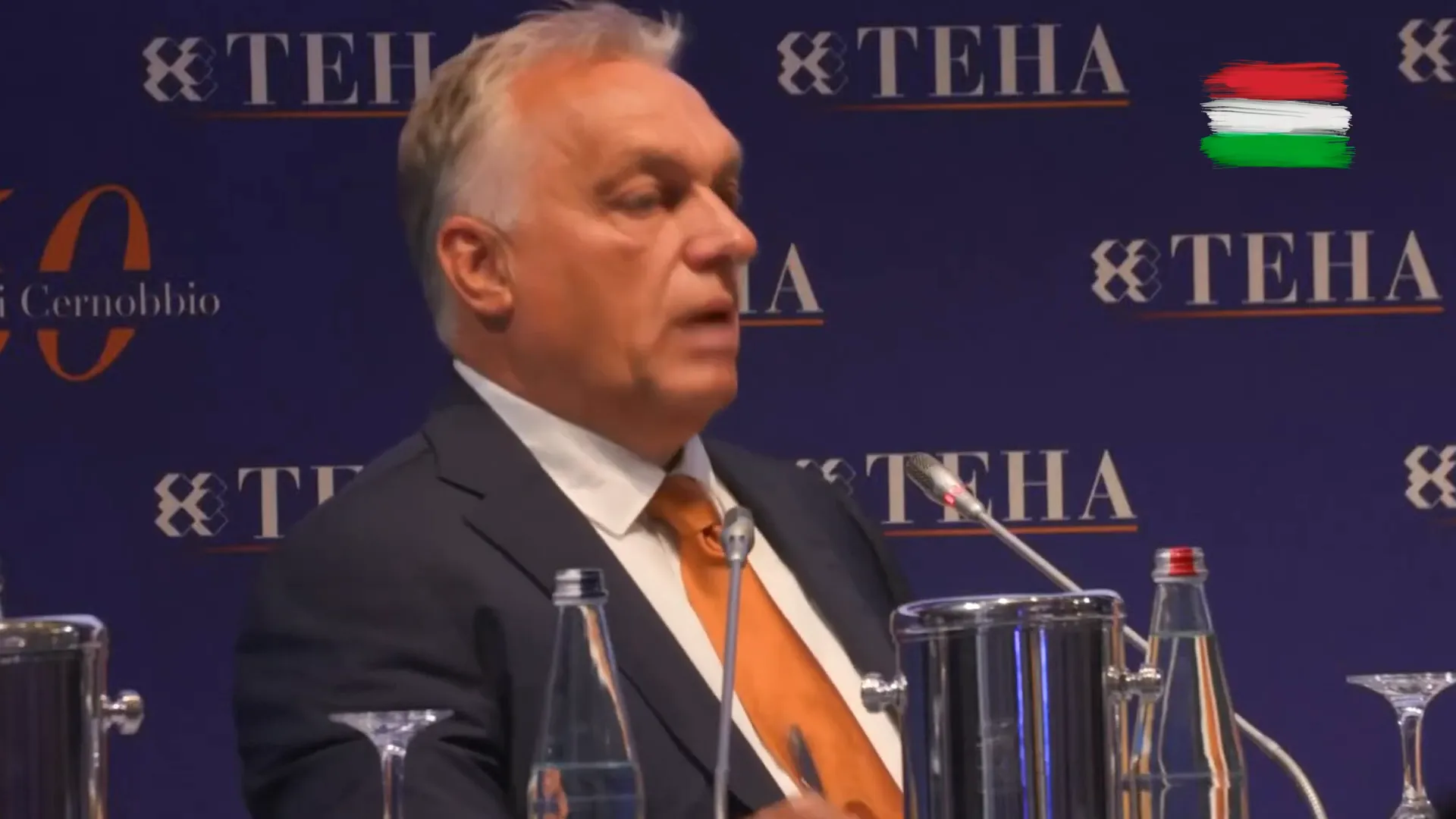
🌱 Reconsidering the Green Deal
One of the challenges impacting competitiveness is the Green Deal, seen by some as conflicting with the interests of the business sector. Recent choices related, to tariffs on electric vehicles from China have sparked worries about market distortions stemming from government subsidies.
In order to stay competitive Europe needs to reevaluate its stance on the Green Deal by prioritizing partnerships with the business community instead of enforcing regulations that could impede progress.
📉 Reducing Bureaucracy for Greater Competitiveness
A notable obstacle, to competitiveness is the intricate red tape that companies encounter in Europe. Simplifying these procedures and decreasing the number of officials involved could improve the environment for business and draw in additional investments to Europe.
As European firms pour their resources into North America and Asia its essential to foster an investment landscape that promotes development.
🕊️ Communication and Peace in Times of War
In Europes journey through the struggles of conflict effective communication stands out as a key element in reaching resolution. History demonstrates that conflicts seldom conclude without discussions, between the opposing sides.
Given the current situation in Ukraine it's crucial to reach out to both Ukrainian and Russian leaders to facilitate a ceasefire and work towards a peace agreement.
🔍 The Future of European Unity
The present situation indicates that although there might be a push, for unity the reality is a intricate network of interests that frequently clash with EU guidelines. Leaders need to tread through these waters cautiously finding a balance, between sovereignty and the advantages of collaboration.
In shaping Europes future the key challenge will be to strike a balance between honoring the rights of nations and meeting the broader requirements of the continent.
If you're interested in the current political landscape in Europe, I highly recommend checking out our video titled "Europe at a Crossroads: ORBAN, WILDERS and the Fight for COMPETITIVENESS and MIGRATION." It offers insightful commentary on the challenges and debates shaping the continent today.You can watch it here: [Europe at a Crossroads](https://youtu.be/vLCyHJFINCI). Enjoy!
❓ Frequently Asked Questions
What are the main challenges facing the EU today?
The European Union is grappling with issues, like immigration, the autonomy of nations and the necessity to stay economically competitive. Politicians are advocating for collaboration in the market while hesitating to embrace political integration.
How does migration impact European politics?
Migration is viewed as a divisive force causing rifts among nations. Some nations are advocating for immigration policies while others support more welcoming approaches.
What is the Green Deal, and why is it controversial?
The Green Deal's objective is to combat climate change, through measures. Critics argue that it clashes with business interests and hinders competitiveness particularly when compared to subsidized foreign products.
Why is communication important in conflict resolution?
Clear communication plays a role, in achieving ceasefires and peace agreements. In the absence of conversation the likelihood of resolving disputes decreases notably.
What does the future hold for the EU?
The future of the EU hinges on its ability to strike a balance, between respecting sovereignty and fostering collaboration. Achieving consensus among differing perspectives will be crucial for upholding solidarity.

Leave a Comment